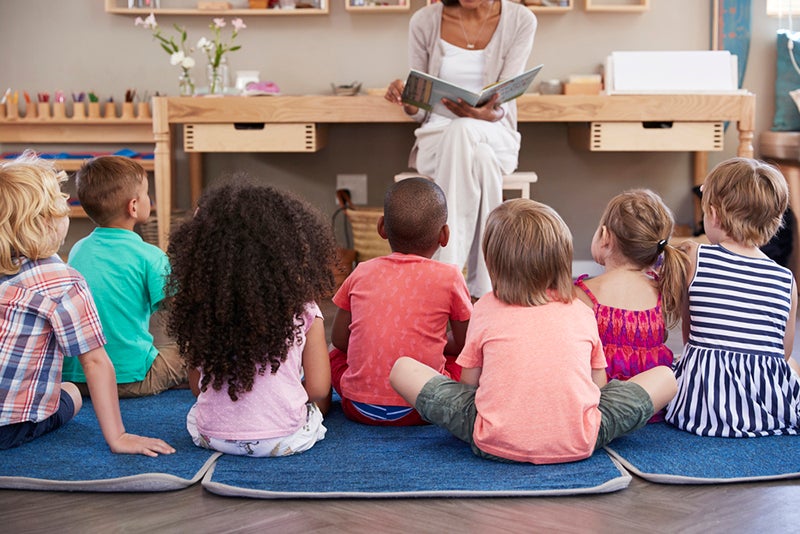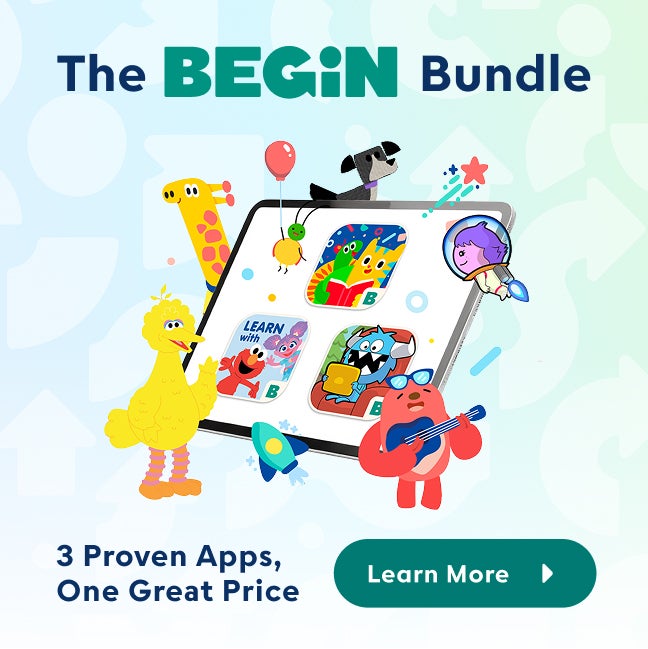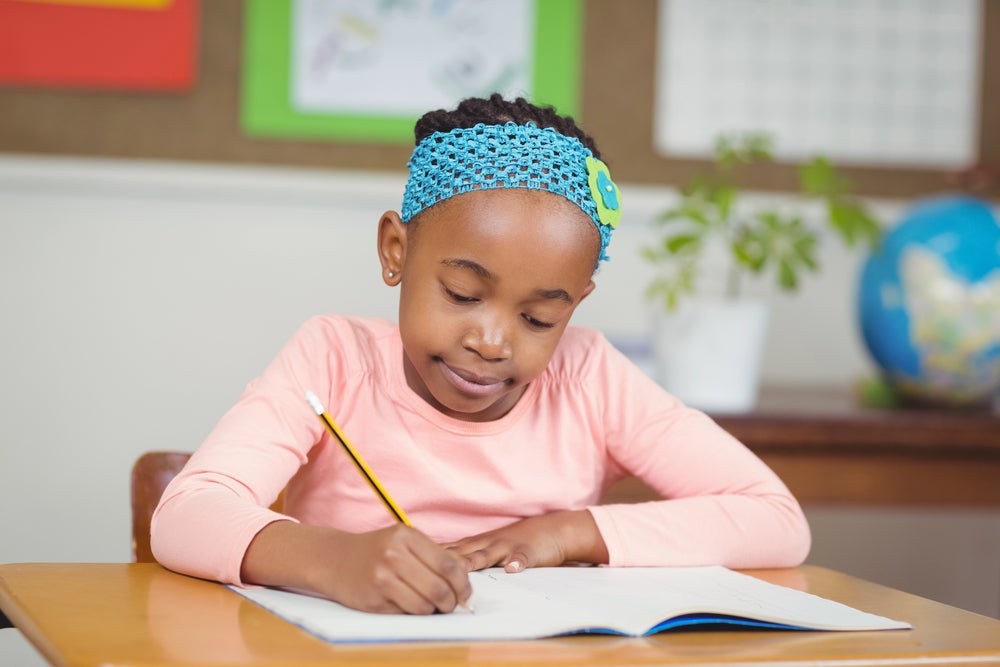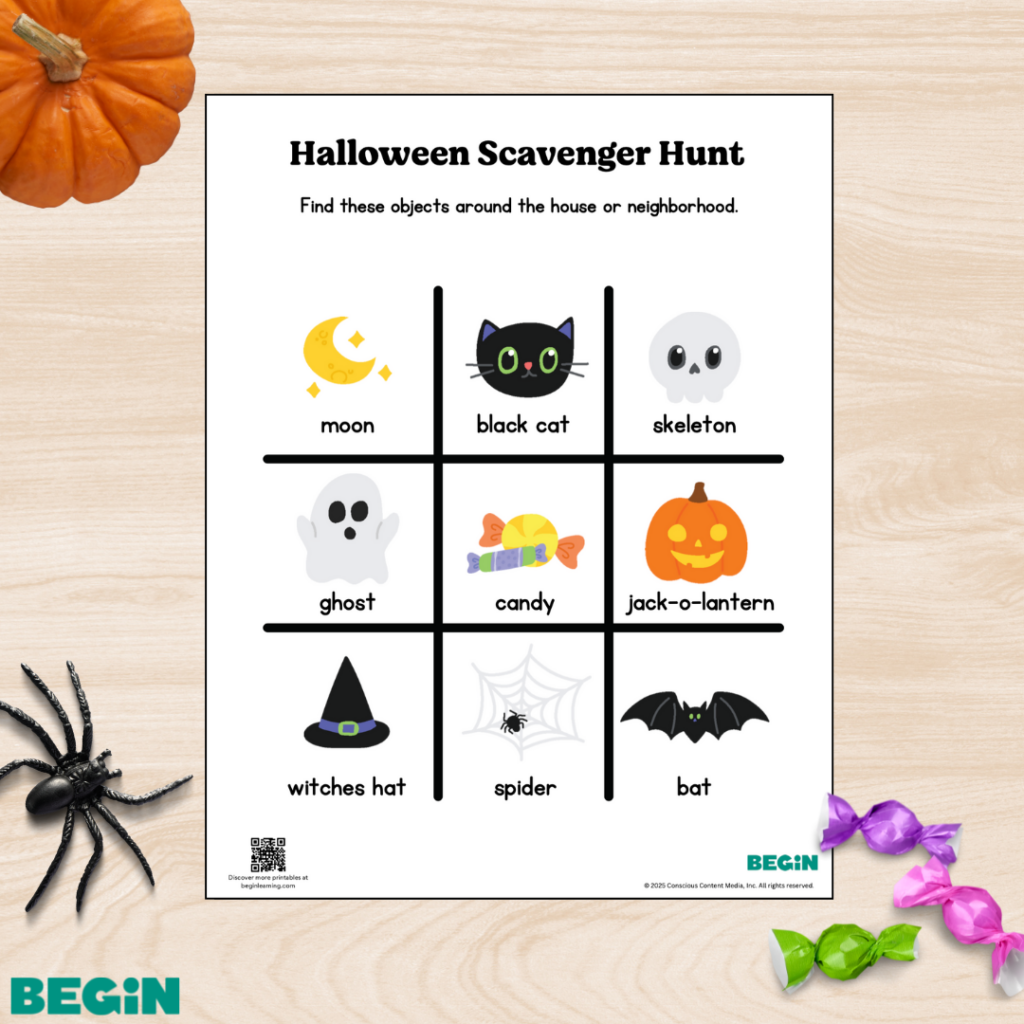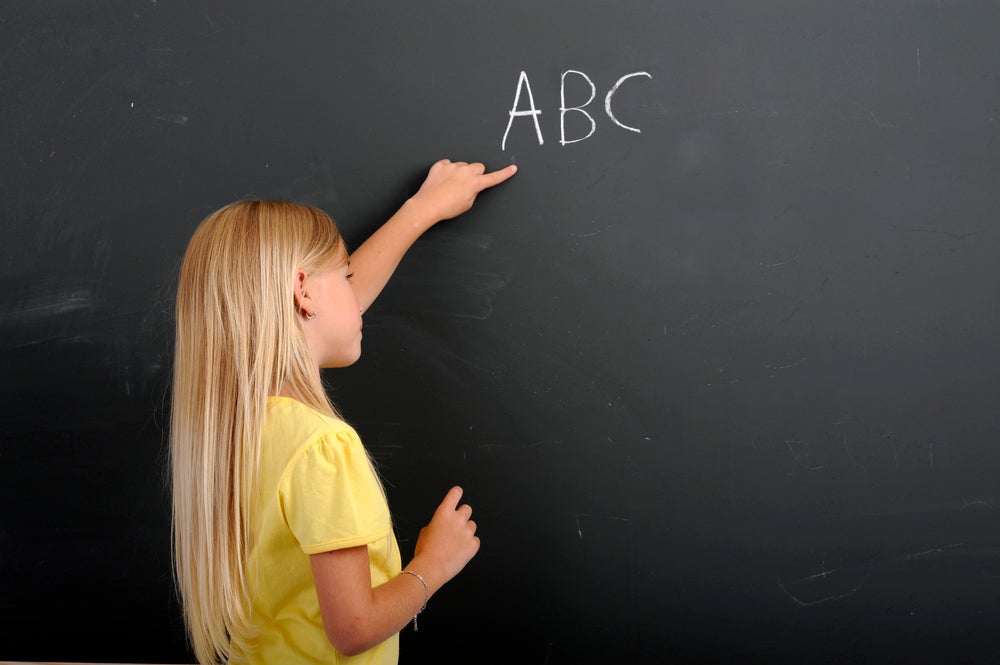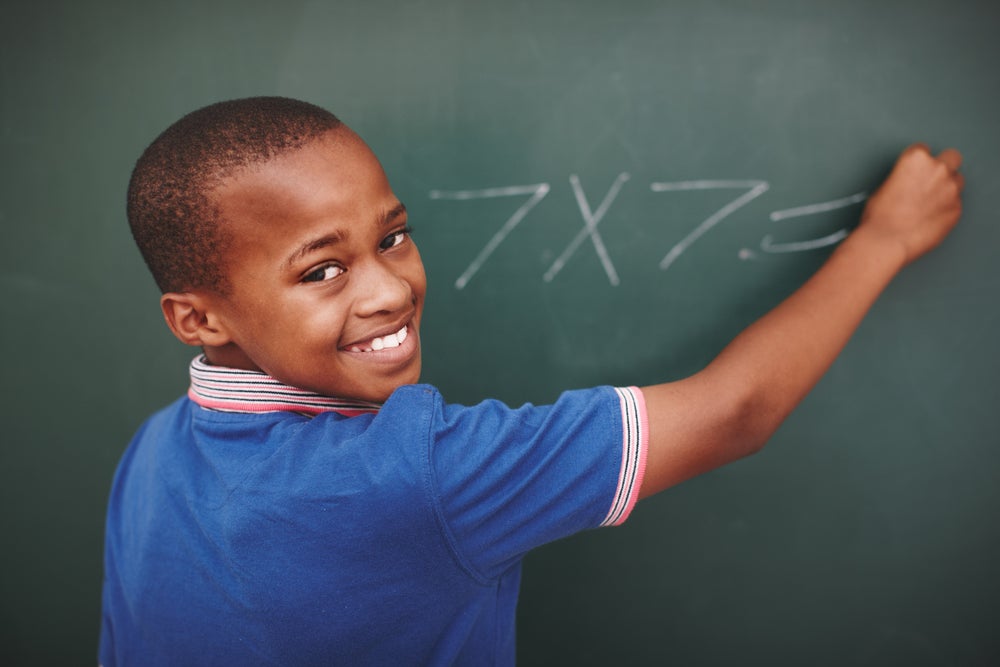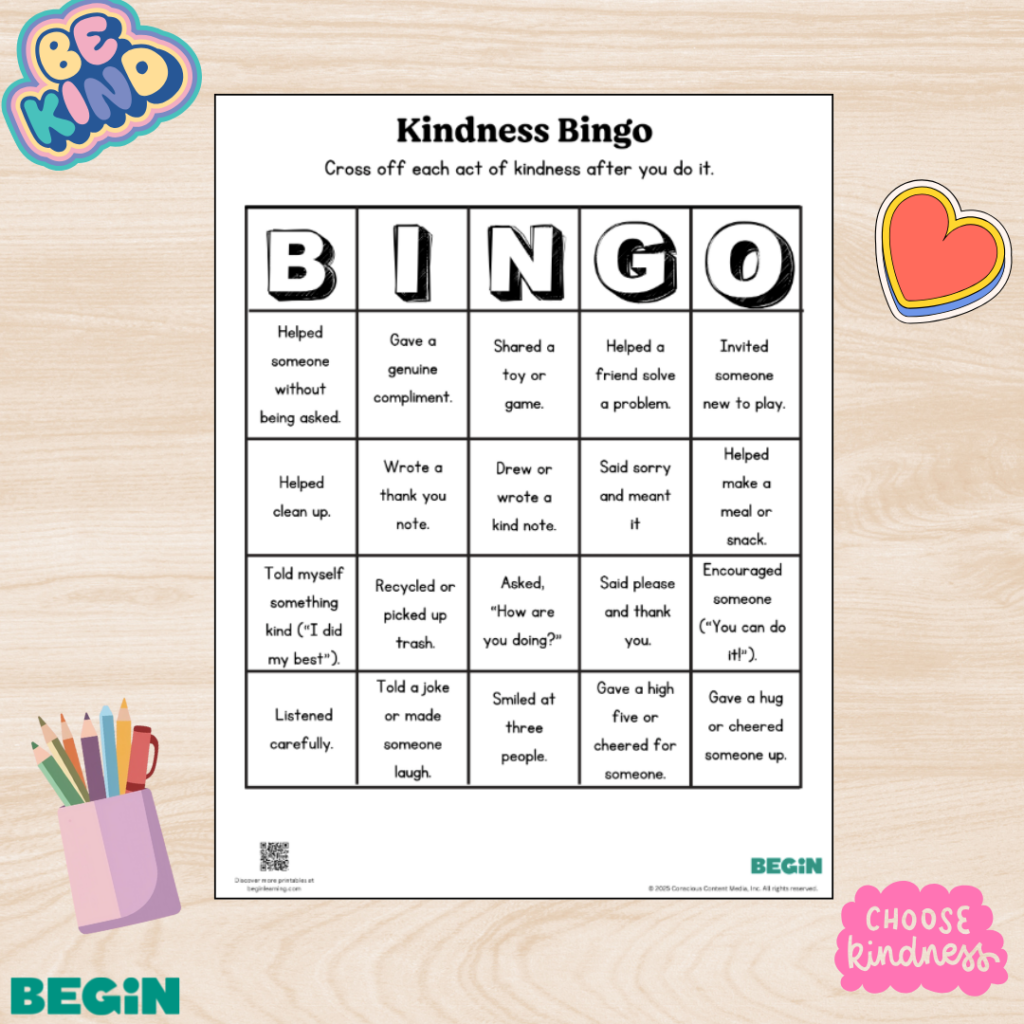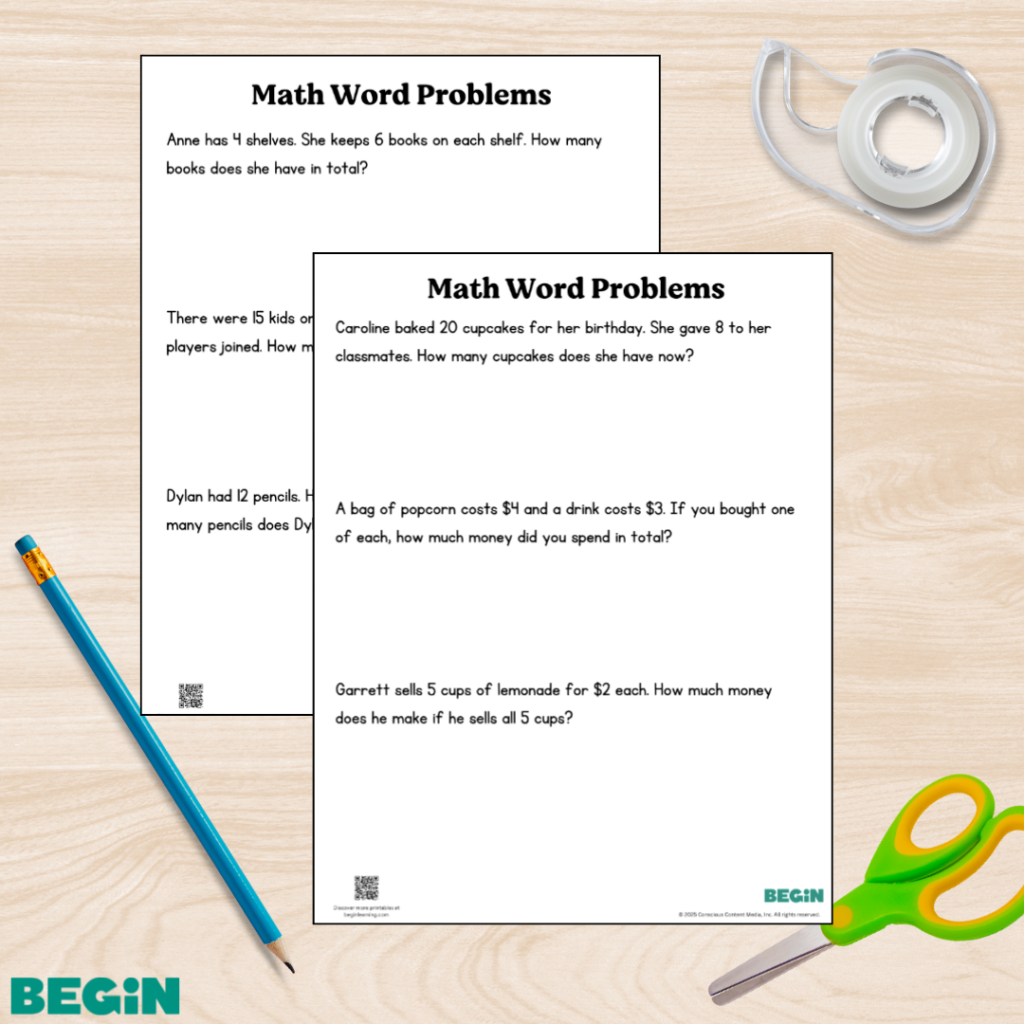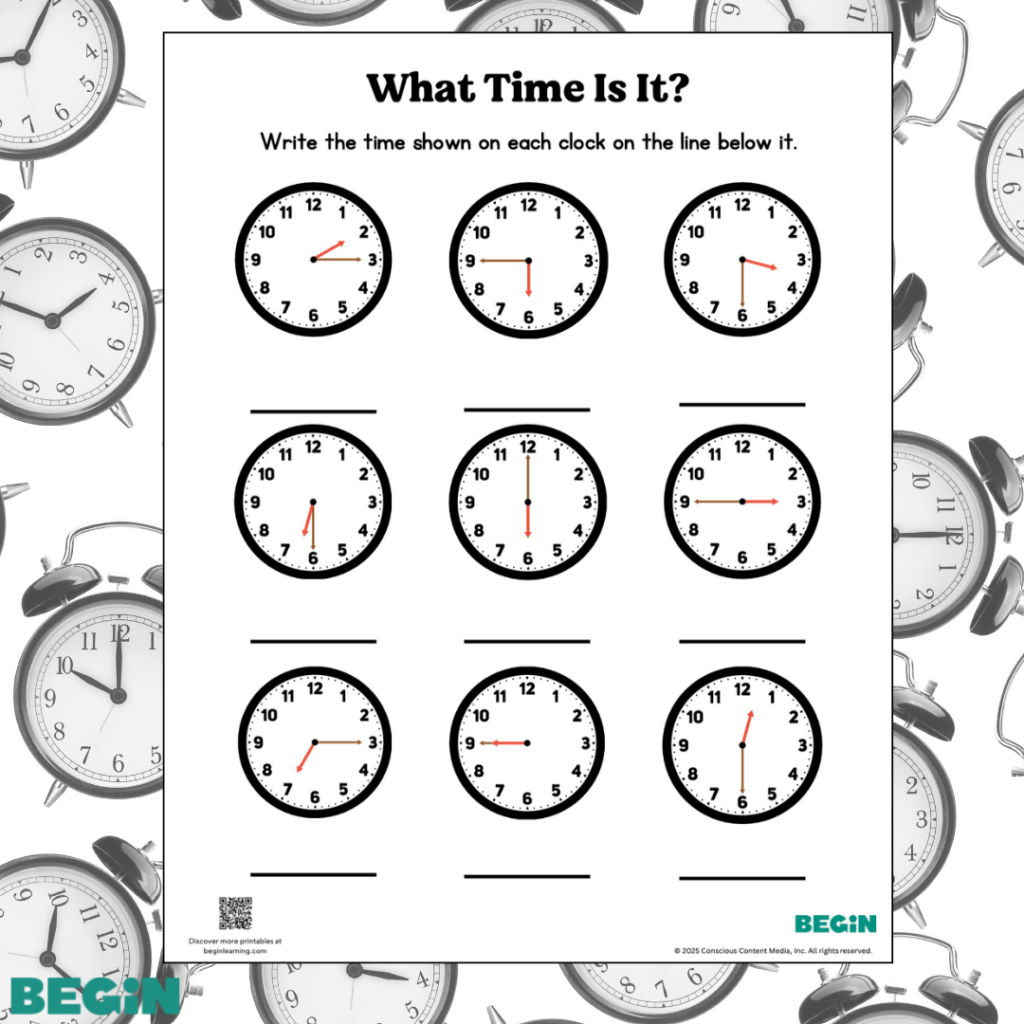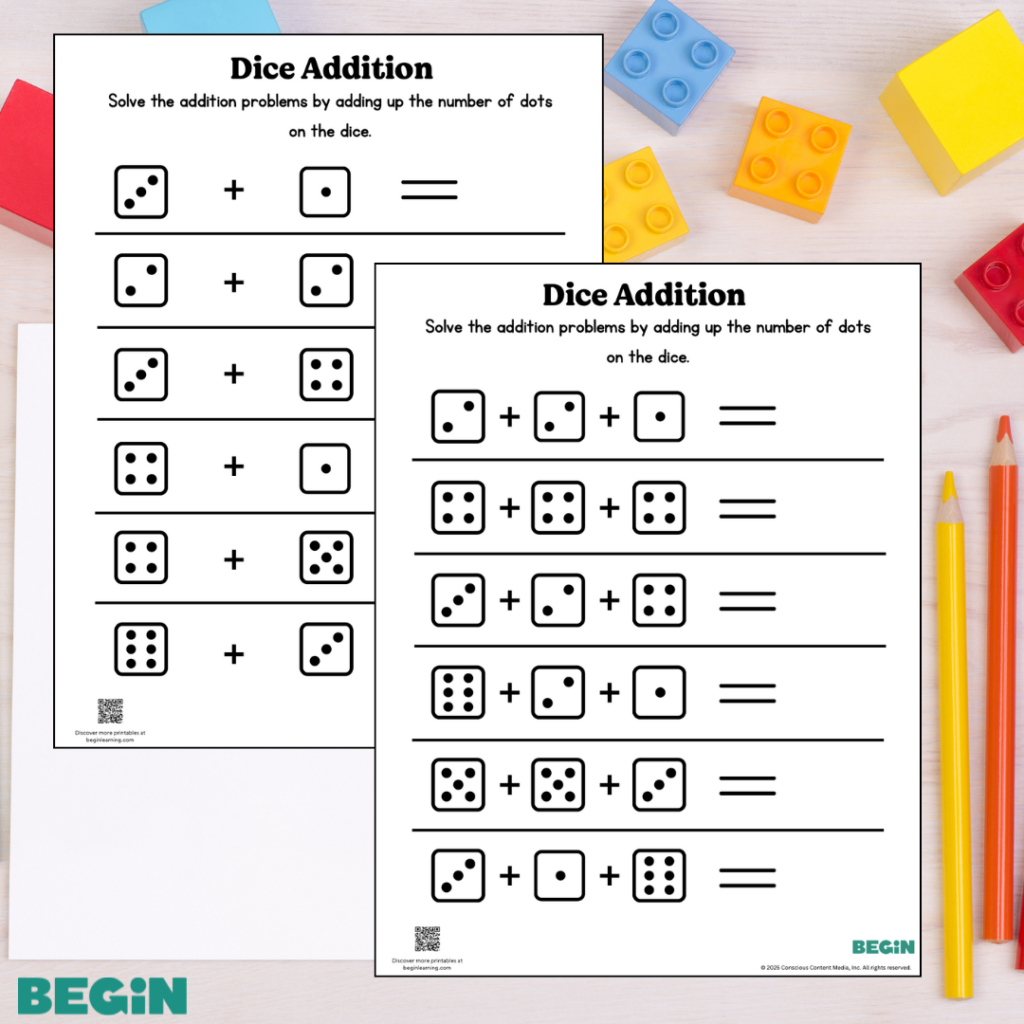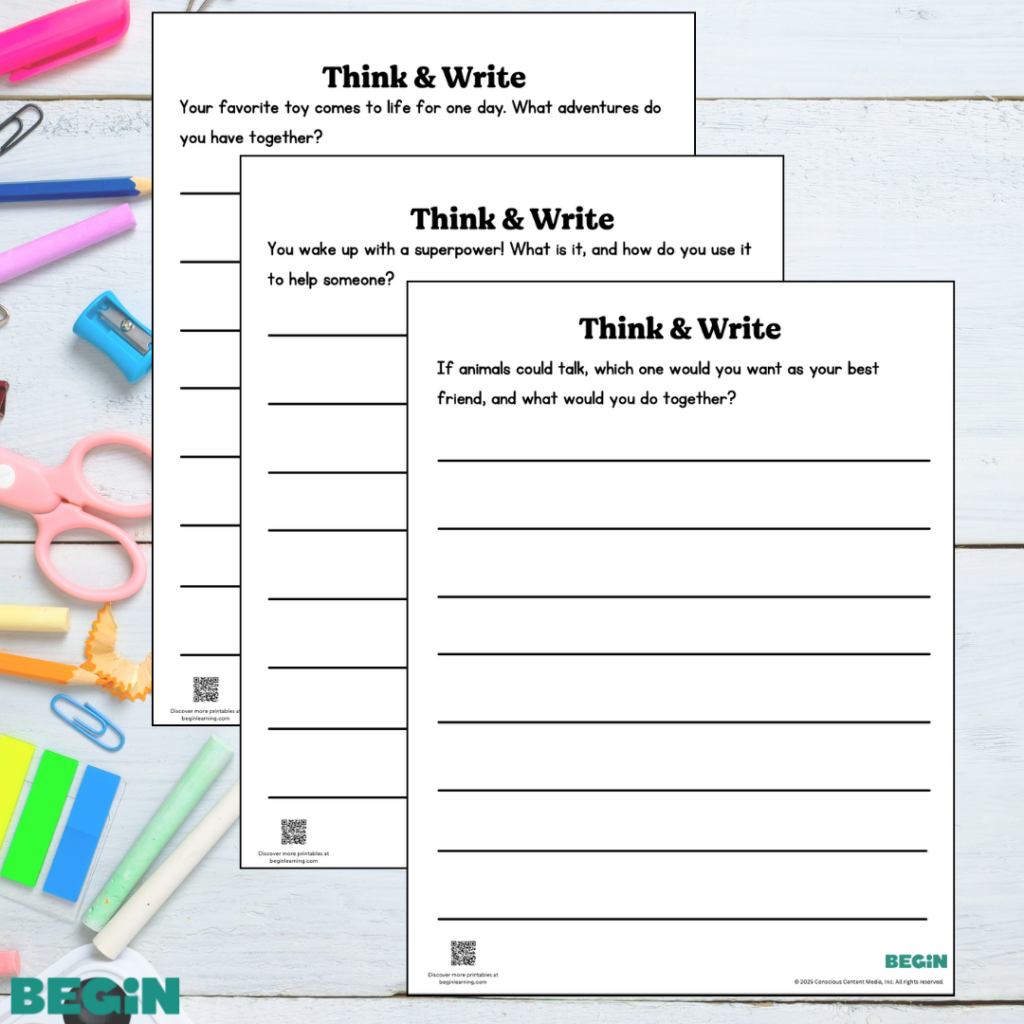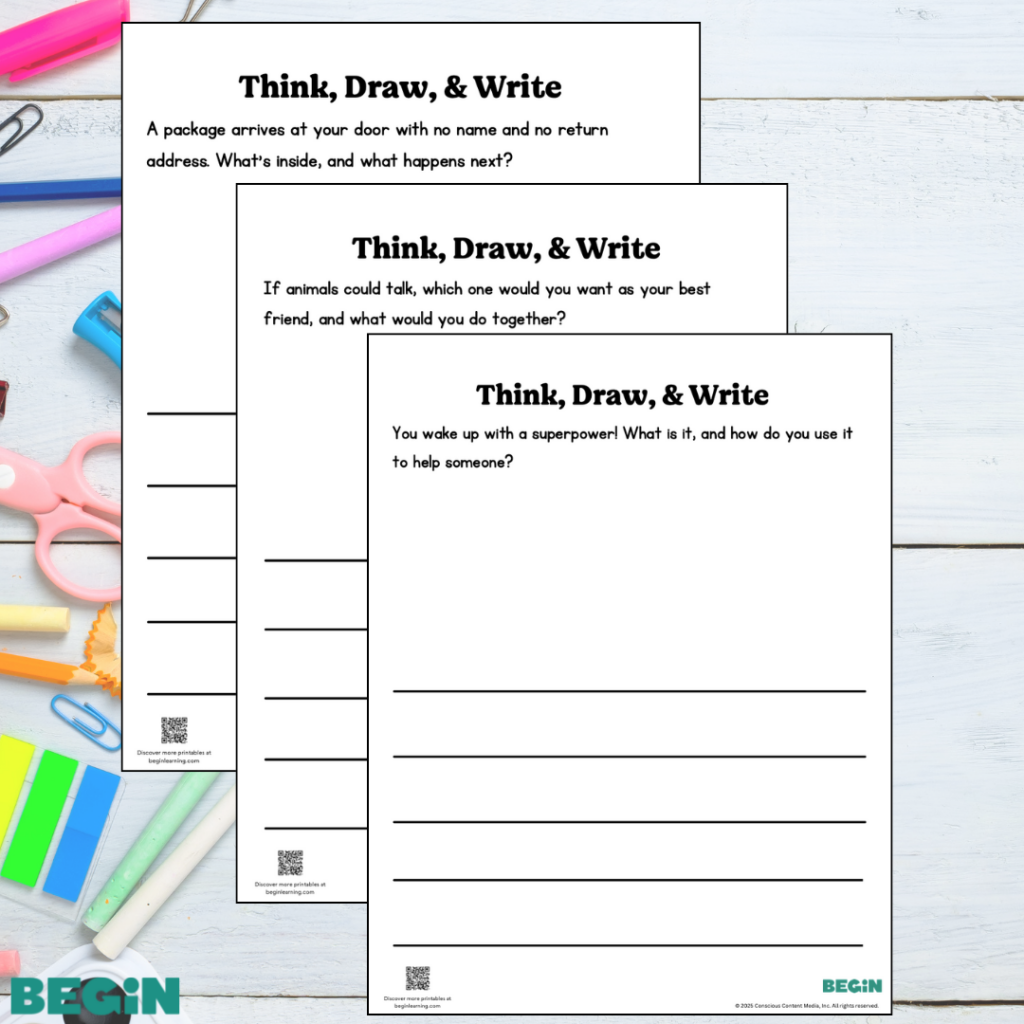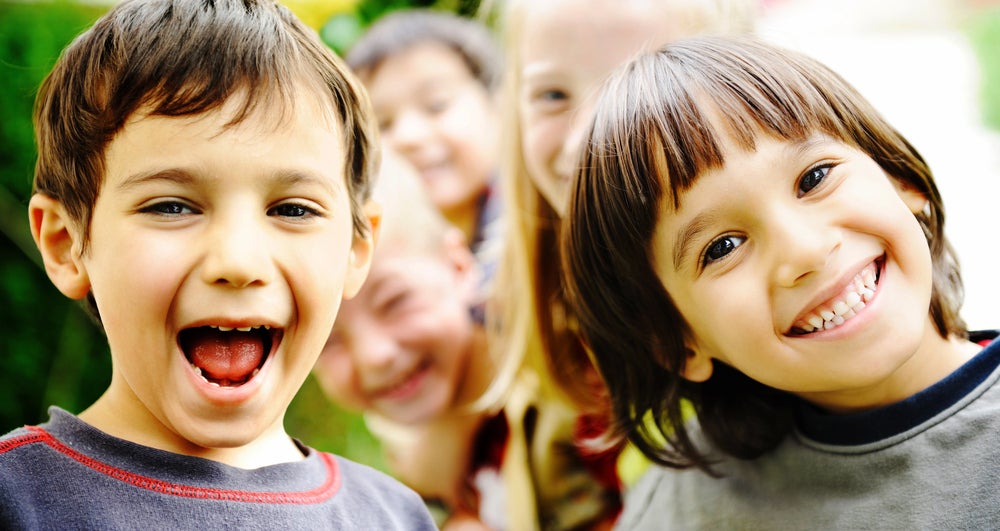Kindergarten readiness is often misunderstood. When most parents think of it, they usually focus on the academic skills of a child. Of course, this is important. However, there are many other skills children need to have learned to excel in kindergarten.
For example, can your child play well with other children? Are they able to go to the bathroom by themselves? When your child needs help, are they confident enough to ask for it?
These are just a few questions to ask yourself as you assess your child’s readiness to enter big school.
Don’t worry; if you’re unclear on what to expect and how best to prepare for the big day, we’ve written this article just for you!
Table Of Contents
- Kindergarten Readiness: Skills
- Common Challenges Faced By Children
- How To Encourage Kindergarten Readiness
Kindergarten Readiness: Skills
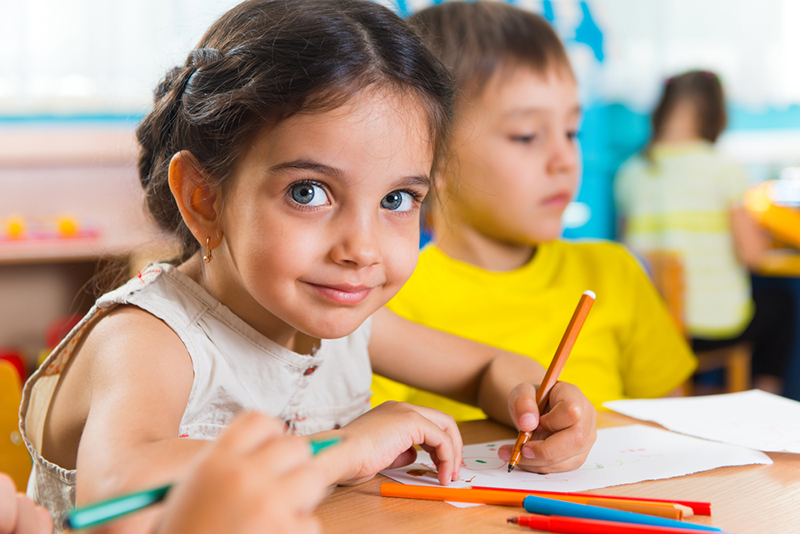
There are various skills that children will need to have at the beginning of kindergarten for them to thrive in their new environment.
Keep in mind, however, that all children grow and learn at different rates. If your child isn’t regularly doing all of the things listed below, it’s OK!
These skills are simply a guideline so that you know what to work on to prepare your child for kindergarten. Let’s take a look!
Language And Literacy Skills
Literacy refers to the ability to read and write. It’s one of the foundations of kindergarten, and much of your child’s learning this year will focus on reading and writing.
Here are a few things children preparing for kindergarten should be able to do:
- Speak using complete sentences
- Follow directions with two or more steps
- Identify a few letters from the alphabet
- Pretend to read books
- Include two or more ideas in sentences
- Recognize their name in print and attempt to write it
- Repeat a familiar nursery rhyme, poem, or song by heart
- Recognize two rhyming words (e.g., pan and man)
- Enjoy listening to stories
- Make basic predictions about a story being narrated
- Express needs and wants through words
- Identify familiar logos and signs
To help your child build their literacy skills, let’s look at a few activities you can incorporate as you help your child prepare for kindergarten.
Read Aloud
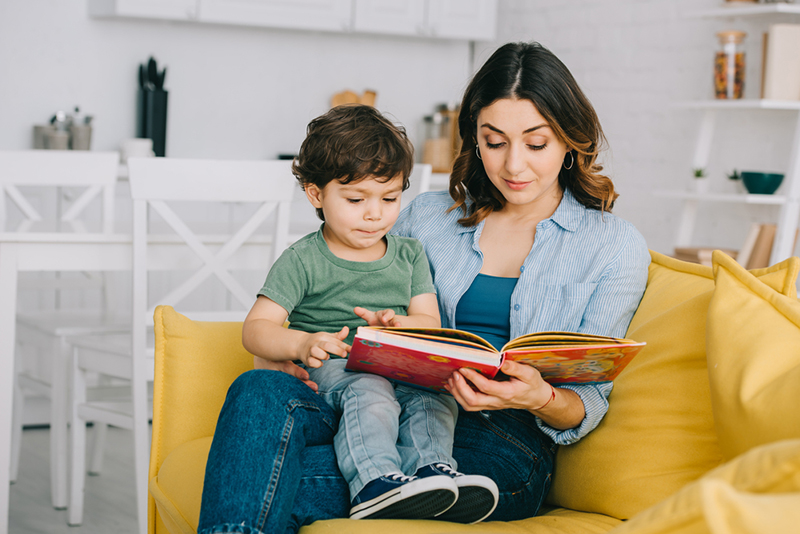
Reading together is one of the best ways to help your child build literacy skills. This will give them a chance to see how reading works, and they’ll also start to develop a love for books.
When reading together:
- Choose books that are appropriate for your child’s age and interests
- Read with expression, pointing out pictures, and using different voices for different characters
- As you read, stop and ask your child to make predictions about what will happen next
- Talk about the story after you’ve read it. Ask your child questions about what they thought of the book, their favorite character, and their favorite part
- Extend the story by having your child draw a picture from the story, act out a part of it, or retell the story to you
Build Familiarity With The Alphabet
The alphabet is the key that unlocks reading and writing, so children need to become familiar with the uppercase and lowercase letters of the alphabet before they start kindergarten.
You can pick one or two of these activities to work on each day to help improve your child’s knowledge of the ABCs:
- Point out letters wherever you see them — on signs, books, etc.
- Sing the alphabet song together
- Play alphabet games
- Make homemade alphabet books together
- Trace letters in sand, shaving cream, or paint
- Have your child play games on the HOMER app
- Talk about uppercase letters and lowercase letters
Practice 2-Step Directions
When your child starts school, they should be able to follow two-step directions. This is essential, as it will help them listen and follow their teacher’s instructions.
To practice, give your child simple instructions, such as “Please put your toy in the toy box and then come sit by me.”
As they get better at following two-step directions, make the instructions more challenging, such as “Please put your toy in the toy box and then go to the kitchen and get a drink of water.”
You can also make this into a game. For example, you might say, “I am giving you three directions, but before you can carry them out, I will count to 5 so you forget! Touch your nose, tap your head, turn in a circle. Forgetting time! 1, 2, 3, 4, 5, now GO!”
Encourage your child to give you directions, too! For example, you can ask them to tell you how to make their favorite snack. Then, you can do it exactly like they tell you to.
Encourage Writing
Writing is another essential literacy skill that children work on in kindergarten. To help them prepare, try doing some of these activities together.
- Let them practice writing their name, both with pencil and paper and with other materials, like sand, shaving cream, or paint
- Encourage them to “write” stories by dictating sentences for them to draw or by being their scribe
- Help them make homemade books, cards, and signs
Again, you don’t need to do all these daily. But, if you can consistently try some of them, it will go a long way in your child’s kindergarten readiness!
Math Skills
While reading and writing are vital, they aren’t the only thing your child will learn about in school. They’ll also build their knowledge of basic math concepts. To get your child ready for these lessons, here are a few things they should be able to do:
- Count to 10
- Classify items by size, color, pattern, or shape
- Name basic shapes (e.g., circle, triangle, square, etc.)
- Understand less than or more than
- Name the colors in a box of eight crayons
Try these simple math activities to help your child improve their skills.
Count Together
One of the best ways to help your child learn is to count with them often. You can do this while cooking, during a car ride, playing math games, or almost anywhere else. As you count, point things out so your child starts to understand that numbers represent quantity.
Play Shape Games
Kids learn through play, so don’t feel like all of your kindergarten readiness lessons need to feel like school. For example, you can play games to help your child become familiar with basic geometric shapes.
Here are a few of our favorites:
- I Spy – Look for things that are a particular shape and have your child guess what it is
- Shape Match – Collect items from around the house that are different shapes and try to sort them into piles (circles in one pile, squares in another, etc.)
- Shape Scavenger Hunt – Make a list of shapes for your child to find around the house or outside, and let them check off each one as they see it
- Shape Art – Cut out a bunch of different shapes from construction paper. Then, let your child glue them together into pictures. Can they make a truck? What about a house? Challenge them to make different images before they pick one to glue down.
You can also help your child learn their shapes by singing shape songs together, looking for shapes in everyday objects, or playing games on HOMER.
Color Identification
Kindergarteners should be able to identify common colors. And because there isn’t a single red, for example, they need to be able to cluster all of the tones and hues we call “red” under one umbrella even though they look different.
If your child is struggling with this skill, try some of these activities:
Color Sort
Sorting objects is a great way to help children understand that colors can be grouped and help them recognize different hues of the same color.
Colorful Clothing
One way to make learning colors more fun is to dress your child in different colors each day and talk about the color of their clothing as you get them dressed. You can also sort their clothes by color when you do laundry together.
Rainbow Crafts
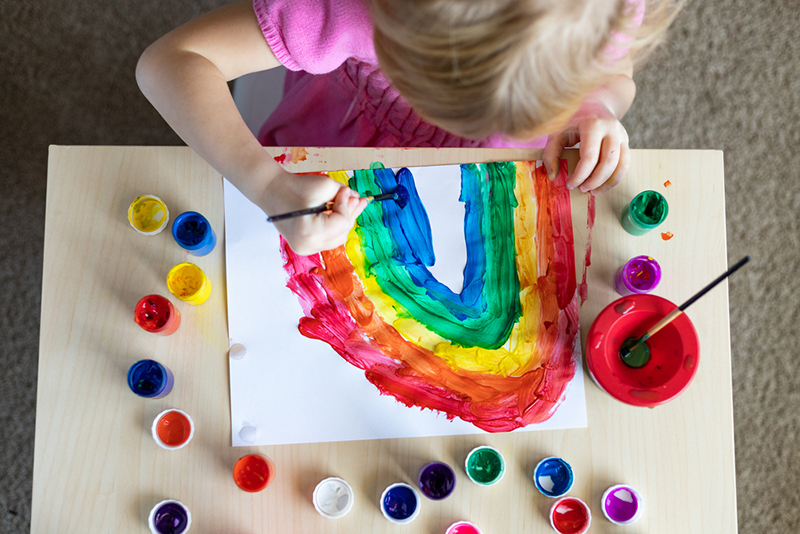
Craft time is also an excellent opportunity to work on color recognition. You can make simple crafts, like coloring with markers or coloring pages, or try something more involved, like making a paper plate rainbow, painting with Skittles, or making a color-changing popsicle to enjoy.
Gross And Fine Motor Skills
Children need to be able to move their bodies and use their hands to complete tasks. These are called gross and fine motor skills, respectively.
Gross motor skills involve larger movements, like running and jumping, while fine motor skills involve smaller actions, like holding a pencil or using scissors.
Here are some key skills your child should be able to do by the time they start kindergarten:
- Run, jump, hop (with one and two feet)
- Bounce a ball and attempt to catch it
- Climb stairs
- Comfortably grip a pencil/marker/crayon
- Use scissors
Unstructured play is one of the best ways to encourage them to build their gross motor skills. Let them run around at the park, jump on the trampoline, or play tag with the neighbors.
To help them build their fine motor skills, try some of these activities:
- Tearing paper
- Stringing beads
- Doing puzzles
- Cutting random lines with scissors
- Building towers out of blocks
- Playing catch
- Doing Follow the Road printables
Hand-eye coordination is an integral part of kindergarten readiness, so activities that involve both hands and eyes working together are especially beneficial.
Social, Emotional, And Behavioral Skills
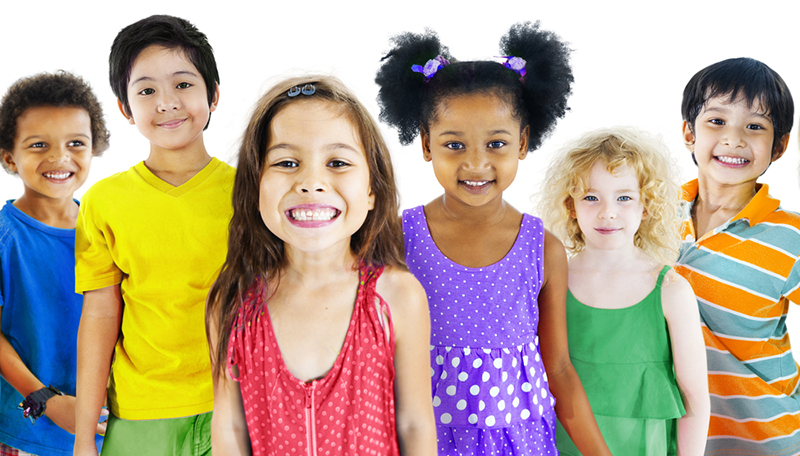
In addition to academic skills, children need several social and emotional skills to succeed in kindergarten and beyond. These skills include the ability to:
- Peacefully separate from parents
- Play with peers
- Show respect and kindness to others
- Use the bathroom on their own
- Pay attention to a task for at least five minutes without interrupting or getting agitated
- Clean up after themselves
- Say their first and last name as well as their age
Some of the best ways to help your child develop these skills are to model positive behavior, provide practice opportunities, and praise them when they display positive behavior.
You can also encourage them to develop social and emotional skills by reading books together that teach these concepts, such as The Way I Feel by Janan Cain or Words Are Not For Hurting by Elizabeth Verdick.
Finally, help your child navigate big feelings with the Learn With Sesame Street app. They’ll practice important life skills, such as resilience, impulse control, and flexibility, as they play.
Common Challenges Faced By Children
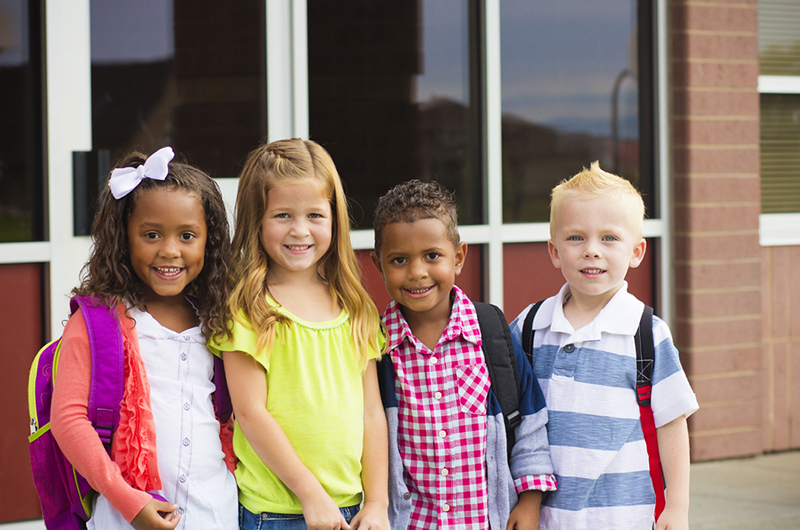
While the aim is to prepare your child as best as you can for their first day in big school, it’s important to note that it’s natural for there to be difficulties.
Here are a few common challenges your child might experience as they start kindergarten:
- Transitioning from one activity to another
- Spending a full day in school
- Paying attention for long periods of time
It’s perfectly normal for kids (and adults) to be strong in some areas and weak in others. It’s called being a human!
So, if your child is struggling with a few of the skills we’ve mentioned, there’s often no need to worry. What you can do, though, is focus more attention on helping them develop these essential skills.
How To Encourage Kindergarten Readiness
1) Plan A School Visit
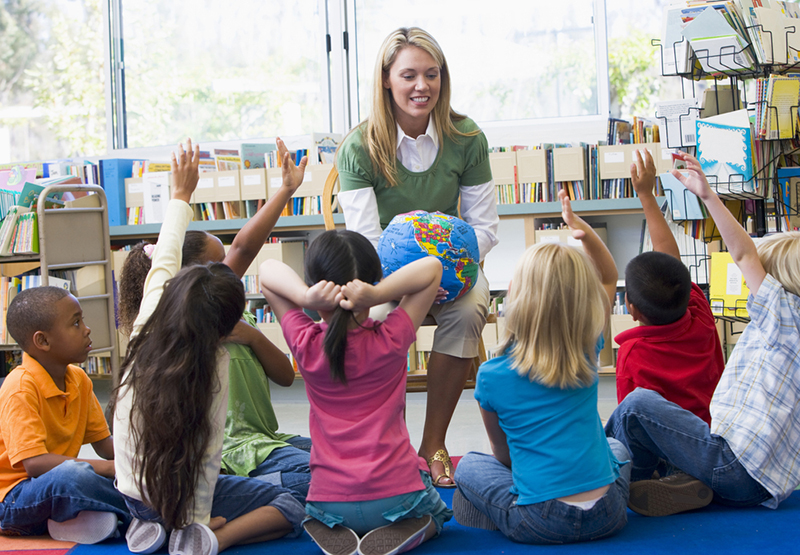
You’ve probably already spoken to your child about the fact that they will soon be heading to kindergarten. However, at this tender age, they may not have fully grasped what this actually means. A visit to the school may help!
Most schools have scheduled tours during which parents and their kids can see the facilities and help familiarize children with the new school, teachers, and everything else in-between.
During such a visit, don’t be afraid to ask your child’s teacher how you can further help your child prepare at home. They’ve been doing this for a while, so they probably already know a few tips and tricks to help kids transition better into their new school.
2) Practice Self-Care Skills
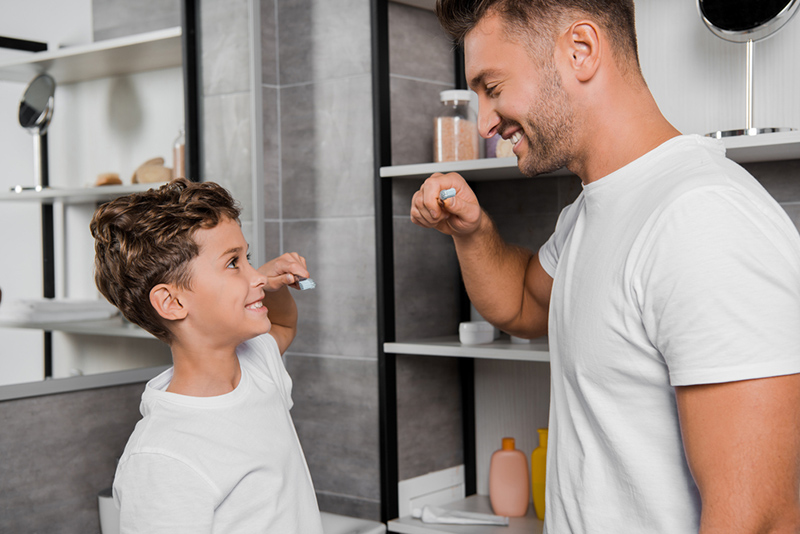
A lot of essential self-care skills are needed for children in kindergarten. This includes being able to go to the bathroom, dress themselves, and wash their hands. They will also need to be able to wipe their mouths after eating, put their shoes on properly, and so much more.
Your child may already be comfortable with a few of these. However, it’s always a good idea for them to continue practicing these self-care skills, especially during the weeks leading up to the big day.
If you’re currently assisting your child with these tasks, plan to gradually phase out your help as they get closer to kindergarten. This will help them feel more confident and independent as they start their new journey.
3) Phase Out Nap Time

Children will naturally quit napping during the day at different ages. So, if your young learner has reached this part of their growth and development, you can move on to the next point on our list.
If, however, your child is still fond of their daytime naps, don’t worry because you’re definitely not alone. The National Sleep Foundation highlights that children’s nap times between two and five years old gradually decrease until they disappear altogether.
Many factors influence this, including a child’s energy levels, how active they are during the day, parental preferences, and cultural expectations.
For kids who are still napping, there are many methods to use to phase out naps. One of the most popular ones is to gradually decrease nap times until kids eventually don’t need them (coupled with ensuring that they head to bed earlier so they get a full night’s rest).
4) Develop Night and Morning Routines
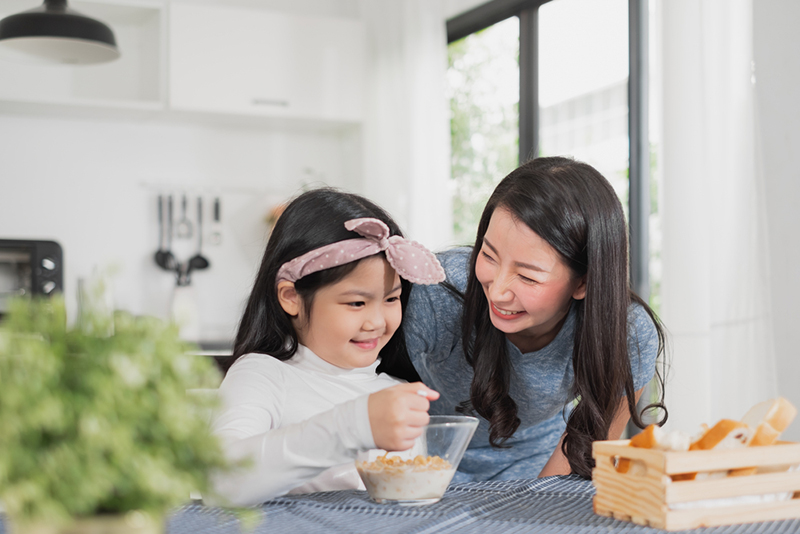
Starting school is often challenging because children need to adjust to early mornings after a lazy summer period. This dramatic shift in their daily routines can be difficult to adapt to.
What can help make the transition easier is to practice and develop night and morning routines before the semester starts. This includes going to bed early, getting up at around the same time each day, helping them get dressed, and having breakfast.
5) Tell Your Child What To Expect

It may seem simple, but sometimes, the best way to prepare a child for something new is to sit and chat with them about it.
During your chats, use kid-friendly language so that your child can get an idea of what to expect. This can be especially helpful if your child didn’t attend preschool or you’ve been homeschooling them.
Having chats about the exciting new journey may help them calm their nerves and realize that there’s nothing to worry about. And remember, kindergarten readiness is a journey!
6) Read About It
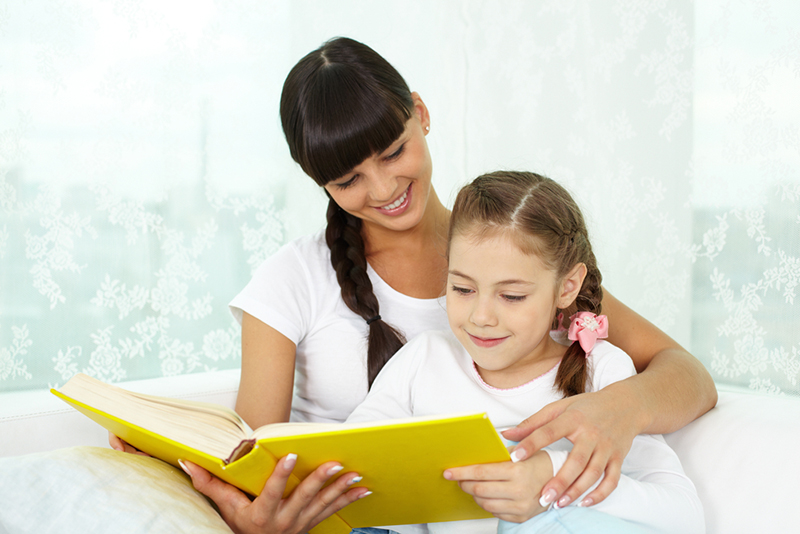
Our previous point involved speaking about kindergarten. This point on our list can re-emphasize some of what you’ve spoken about with your child in a fun and entertaining way.
Children often love listening to stories, so why not carefully select books that can help them understand more about what the fuss is all about?
There are lots of books to choose from. Here’s a list of a few that we love:
- Look Out Kindergarten, Here I Come
- Countdown to Kindergarten
- I Love You All Day Long
- The Night Before Kindergarten
As you read, check in with your child and discuss any big feelings they might be experiencing. Starting school is a huge change, and it’s OK for them to feel a little apprehensive.
Sometimes, books give us an open door to talk about our feelings in a way that feels safe and comforting. If your child is finding it difficult to verbalize how they’re feeling, books can help bridge that gap.
7) Shop Together For School Supplies
There was always something special about getting new school supplies. You might remember how a new backpack, lunch box, pencil case, and crayons made you feel special and excited about the year ahead.
You can help your child get into an optimistic mood by shopping for school supplies together. Encourage them to pick out their own supplies, and when you get back home, you can also customize them so they are really unique.
8) Get Social
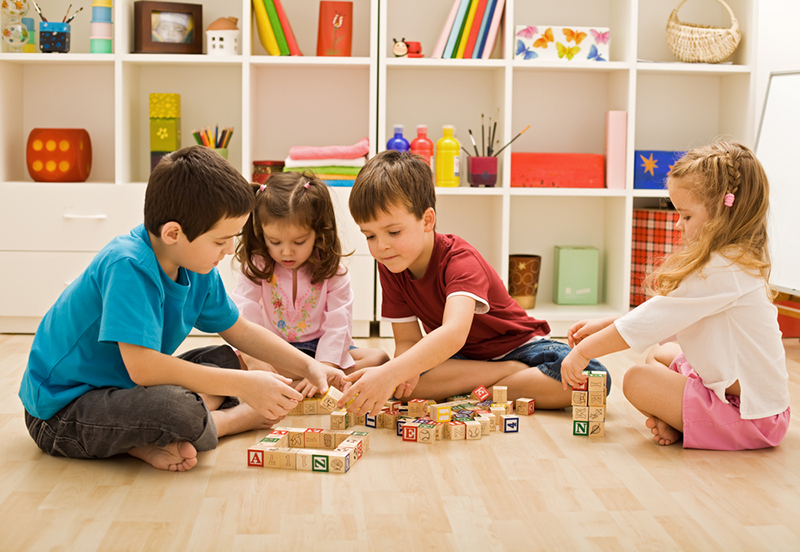
One of the best things about kindergarten is that it helps children make new friends and learn how to get along with many different people.
If your child struggles to interact with others, then it’s time to focus more on helping them develop these important social skills. You can achieve this by arranging playdates with peers of similar ages.
If your child will be homeschooled, you can also arrange virtual playdates. Learning to socialize is important for all children, but especially for those who don’t get a schooltime opportunity to engage with peers.
In addition to arranging playdates, you can also help prepare your child for social interactions by modeling things such as maintaining eye contact, showing interest when a person is speaking, and asking questions.
9) Encourage A Love Of Learning
You want your child to be successful in kindergarten, but you don’t want their success to stop there. You want them to love learning throughout their entire life.
To encourage this attitude, help them find hands-on ways to explore their interests. For example, visit the library together and let them pick out books.
As you engage in different activities, encourage your child to ask questions. Talk about things they’re curious about, and let them guide the conversation.
Help them to see that there are endless possibilities for learning and that it can be fun. With this attitude, they’ll be more likely to engage in lifelong learning.
Kindergarten, Here We Come!
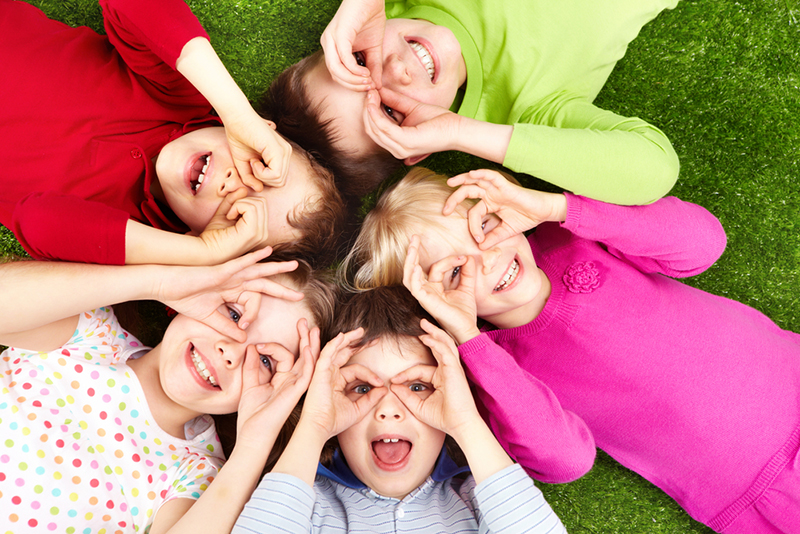
Kindergarten readiness is an exciting period for both kids and parents. This is the start of a very long but amazing school journey! So, it’s understandable that you might be concerned about whether your child is ready for this big step.
From our guide, we hope you understand some of the key skills your child will need in kindergarten and how to help them acquire those skills.
(But remember that children are unique and develop at different rates. It’s perfectly normal for them to be strong in certain areas and weak in others.)
To help your child continue developing other essential skills that can help them thrive in kindergarten and life, check out HOMER.
